So…Who’s Paying for That Penthouse? The Lifestyle Calculator Reality Check
Penthouse dreams meet budget reality: this piece shows how Pathful’s Lifestyle Calculator helps students link the life they want to the careers, costs, and choices that make it possible—while giving educators clear, usable insights.
.png)
If you’re an educator, you’ve heard that question asked—usually right before the bell rings or during an emotional meltdown over algebra homework:
“What should I do with my life?”
And honestly? Half of us adults are still Googling the answer at 2 a.m. while eating cold pizza.
Traditionally, career assessments spit out results like: “Congratulations, you’d make a great actuary!”—which sounds impressive until the student asks, “What’s an actuary?” (And honestly, most adults aren’t sure either).
It’s not just about what students want to do for a living—it’s about how they want to live. That’s where the Lifestyle Calculator comes in, connecting their dreams with the real numbers behind them.
Beyond the Same Old Career Quiz
Traditional career counseling:
“You’re good at math, so… engineer!”
Student: “Cool, but I kinda like sleeping in and traveling to Bali every summer.”
Lifestyle preference tools ask different (and dare we say, juicier) questions:
- City loft or quiet suburb?
- Uber everywhere or tricked-out pickup truck?
- Budget-friendly IKEA furniture or full-on HGTV dream home vibes?
These questions help students connect the dots between the career they want and the Tuesday afternoon reality that comes with it. (Because let’s be real—work-life balance doesn’t just happen. You have to plan it, preferably before you end up working 80-hour weeks and calling the office vending machine “dinner.”)
What the Research Shows (Without the Jargon)
Psychologists have found that job satisfaction is much higher when values, interests, and skills align. Translation: if students want meaningful work and time to binge their favorite shows guilt-free, they’ll need a career path that makes space for both.
That’s what the Lifestyle Calculator does. It looks at:
- Work-life balance (Do you want to answer emails at 10 p.m.? If not, say so now)
- Financial goals (Do you want a steady paycheck… or yacht money?)
- Where you want to live (Small town charm or city buzz?)
- Core values (Autonomy, security, making the world a better place—or at least a less boring place)
Making Students Think Beyond “What’s for Lunch?”
Most teens don’t think much past Friday night. But when you hand them a tool that asks questions like “What does success mean to you?” or “What kind of impact do you want to have?”—you can almost see the lightbulb go off.
And that’s the magic. It gets them thinking beyond GPA and SATs, helping them picture the actual life they want, not just the job title that sounds fancy.
Life Skills in Disguise
Here’s the sneaky part: while students think they’re just filling out a “lifestyle quiz,” they’re actually practicing grown-up skills like:
- Critical thinking (a.k.a. realizing that “lawyer” might not fit if you hate reading 500-page documents)
- Decision-making (choosing between the suburban minivan life or the city subway pass life)
- Self-awareness (understanding they don’t, in fact, need a Lamborghini at age 22)
Plus, it reminds them that career planning isn’t a one-and-done deal. Just like TikTok trends, their goals will change—and that’s okay.
For the Educators in the Room
For schools, the Lifestyle Calculator isn’t here to replace traditional assessments—it’s here to upgrade them. Think of it like guacamole: yes, it takes a little more effort, but it makes everything better.
Counselors and teachers play a big role in interpreting results and guiding students in conversations that sound less like “Here’s your career, good luck” and more like “Here’s how your dream life might actually work—let’s map it out.”
The Bottom Line
The jobs of the future may not even exist yet (seriously, who predicted “influencer”?). But one thing won’t change: people want lives that align with their values.
The Lifestyle Calculator helps students see not just where they’re headed, but whether they’ll actually like the view once they get there. And if we can send them into the world with the self-awareness to chase not just a paycheck but a life that actually feels good? That’s a win worth celebrating.
P.S. If anyone ever invents a calculator to figure out dinner, we’re first in line.



.webp)

.png)
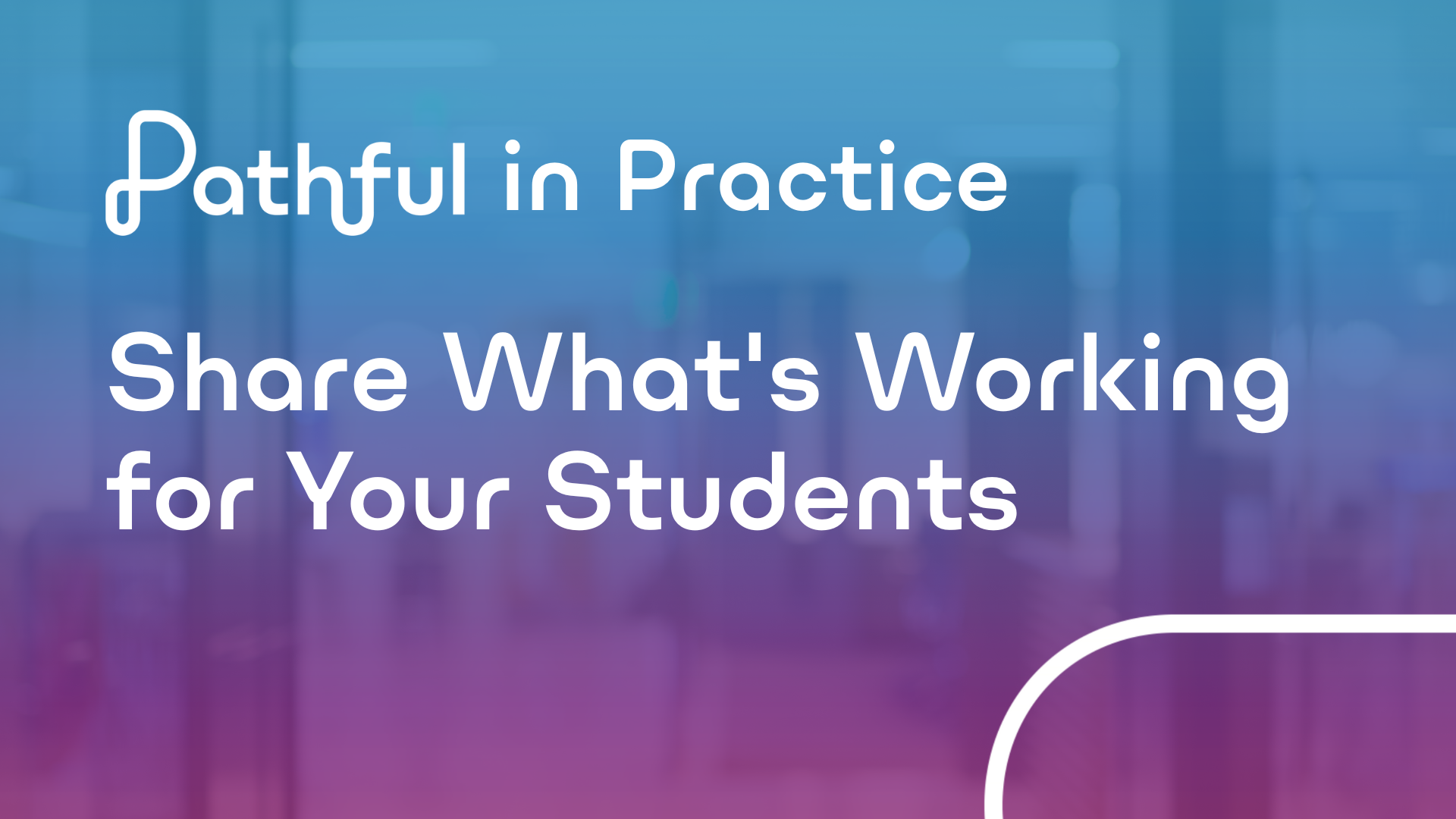
.png)
.png)



.png)
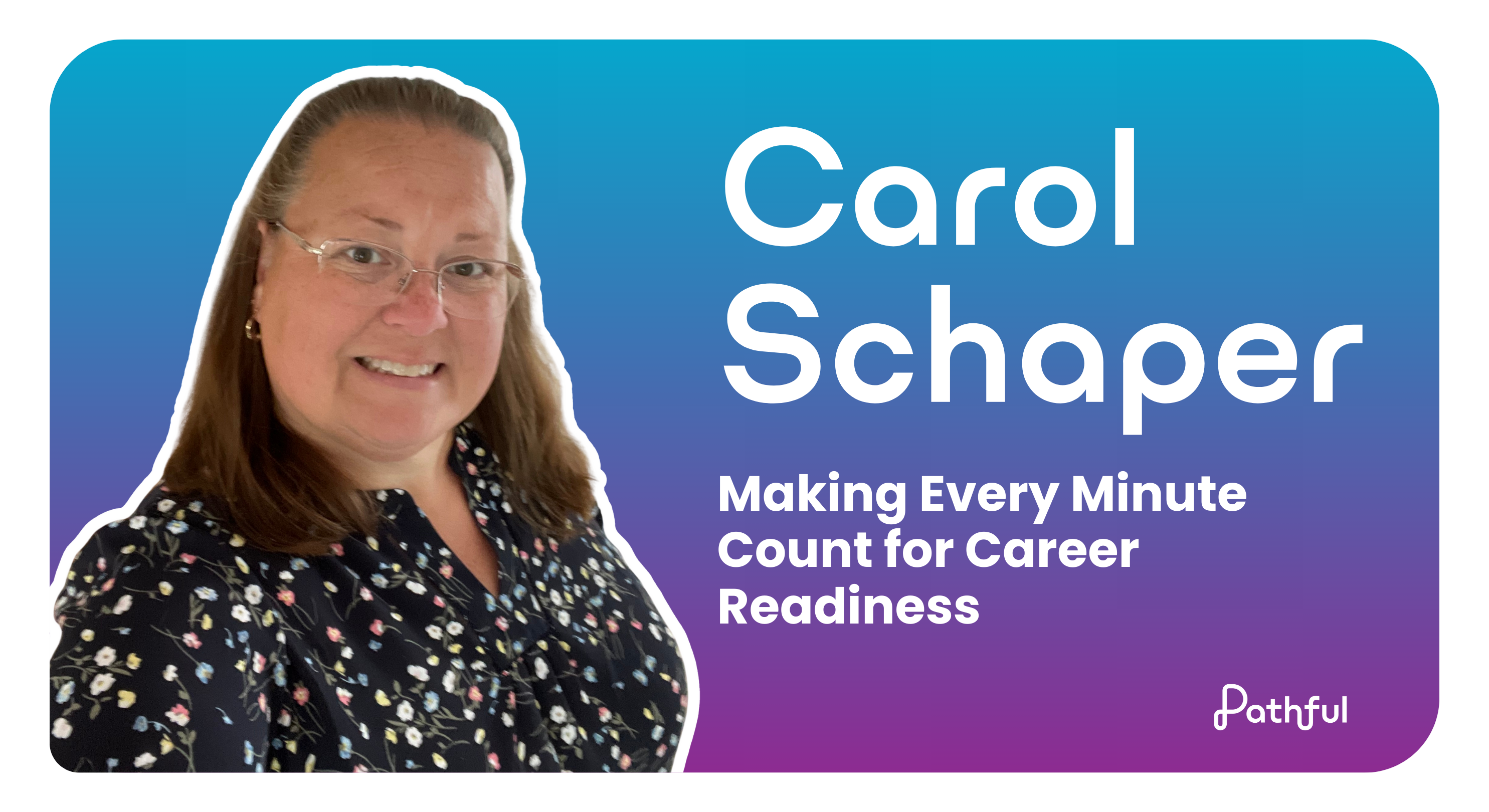
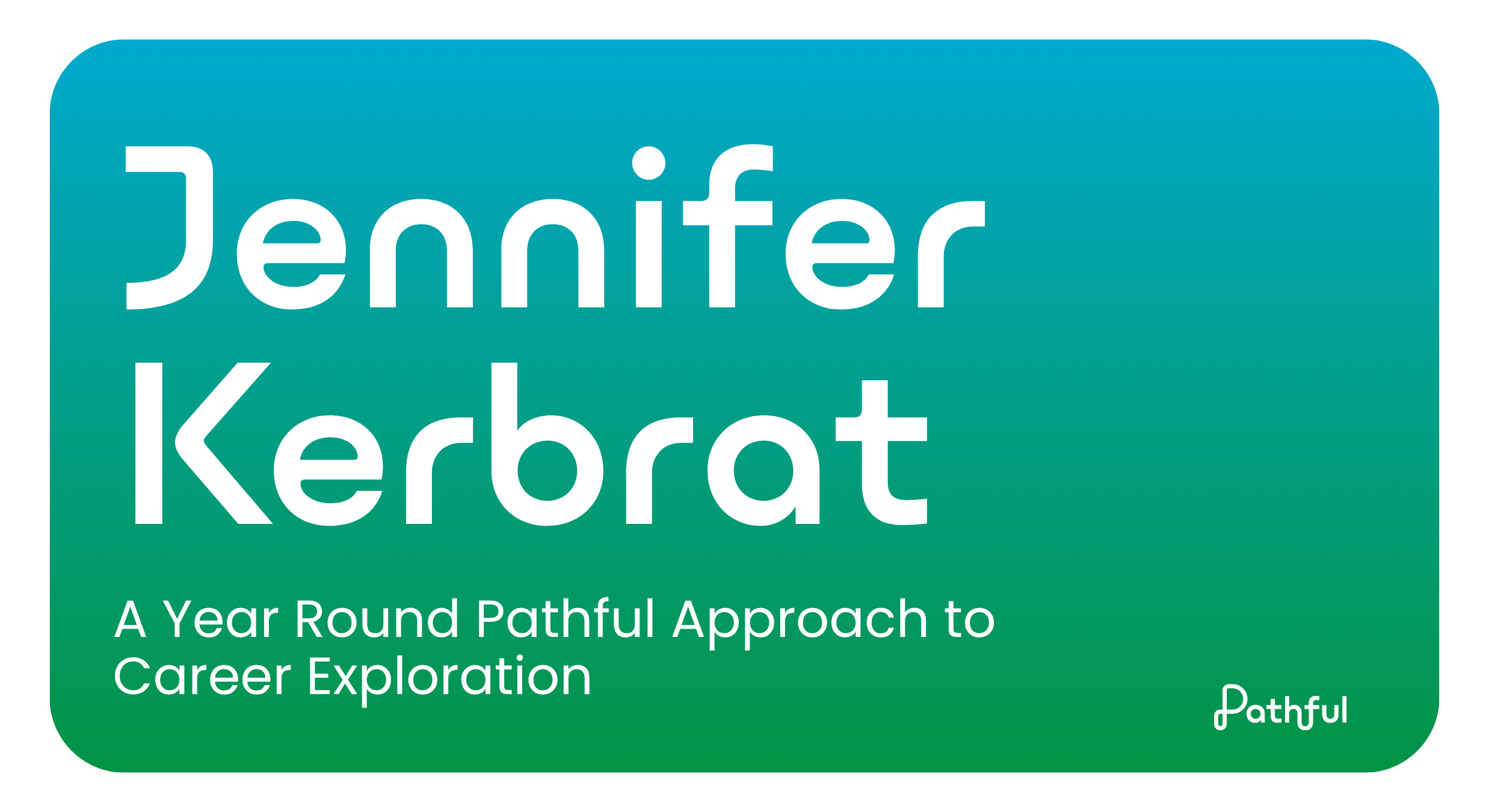
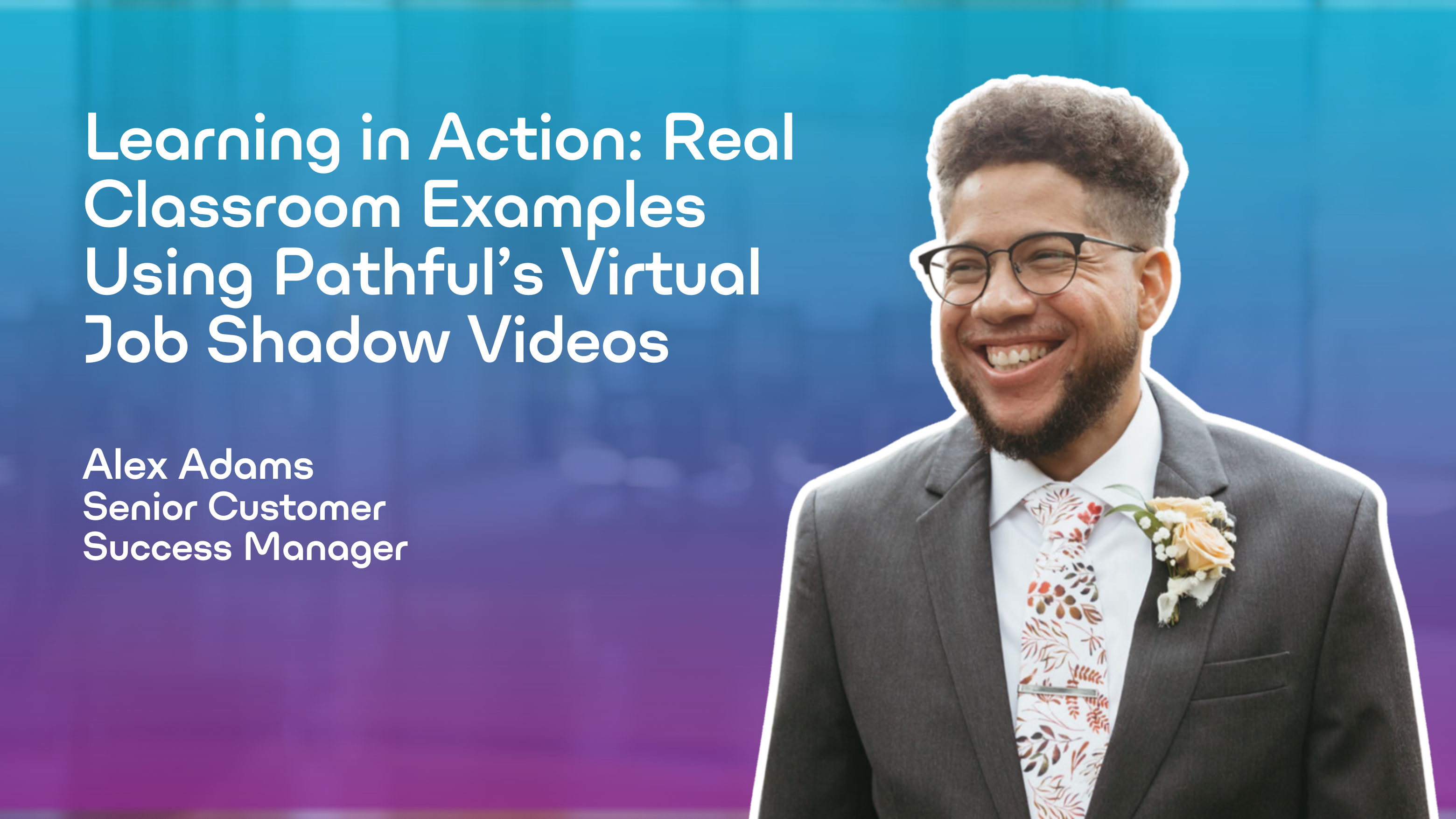
.png)


.png)
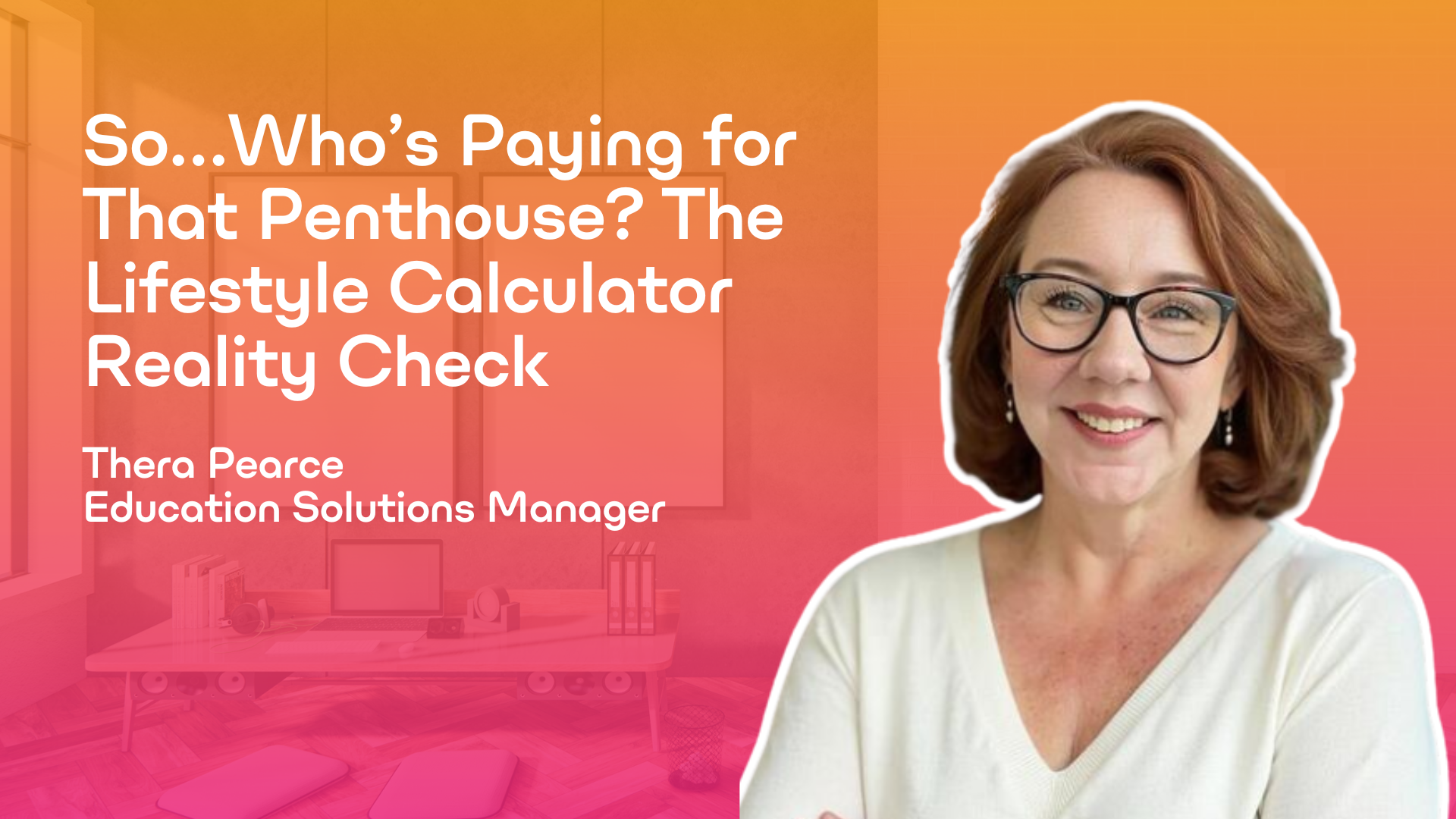
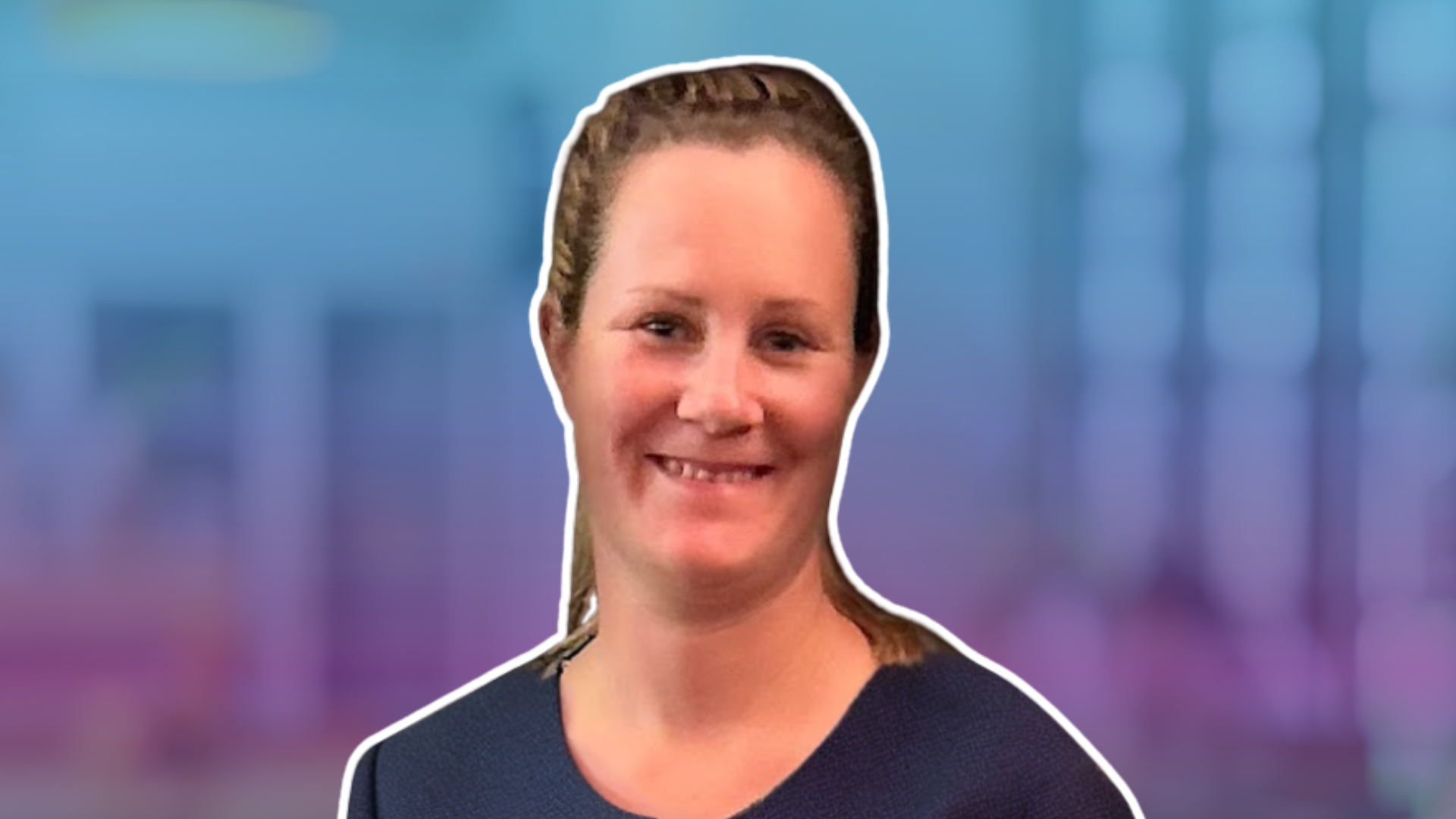
.png)
.webp)
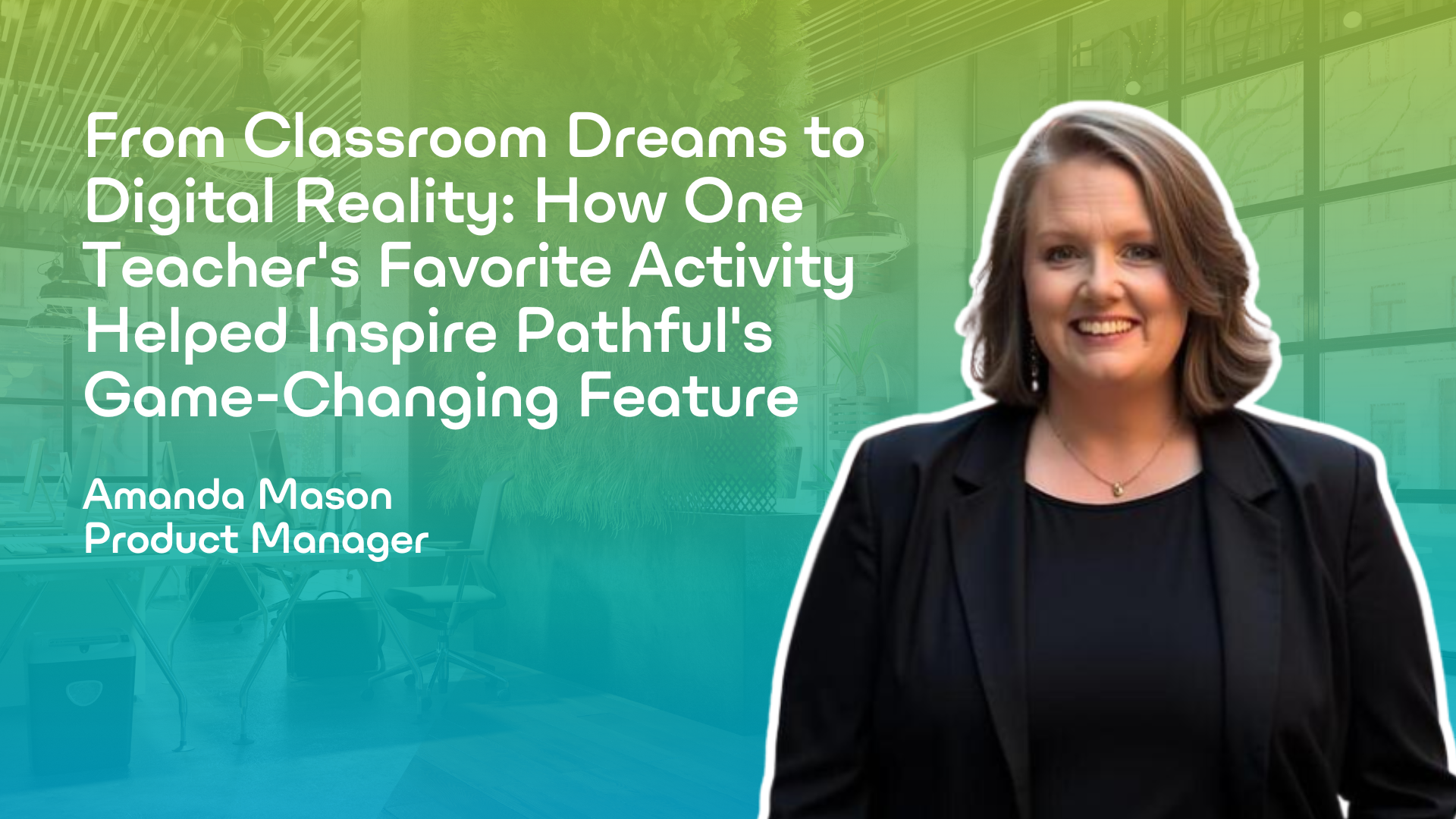

.png)
.png)

.png)
.png)
%20(1).png)
.png)
.png)



.png)

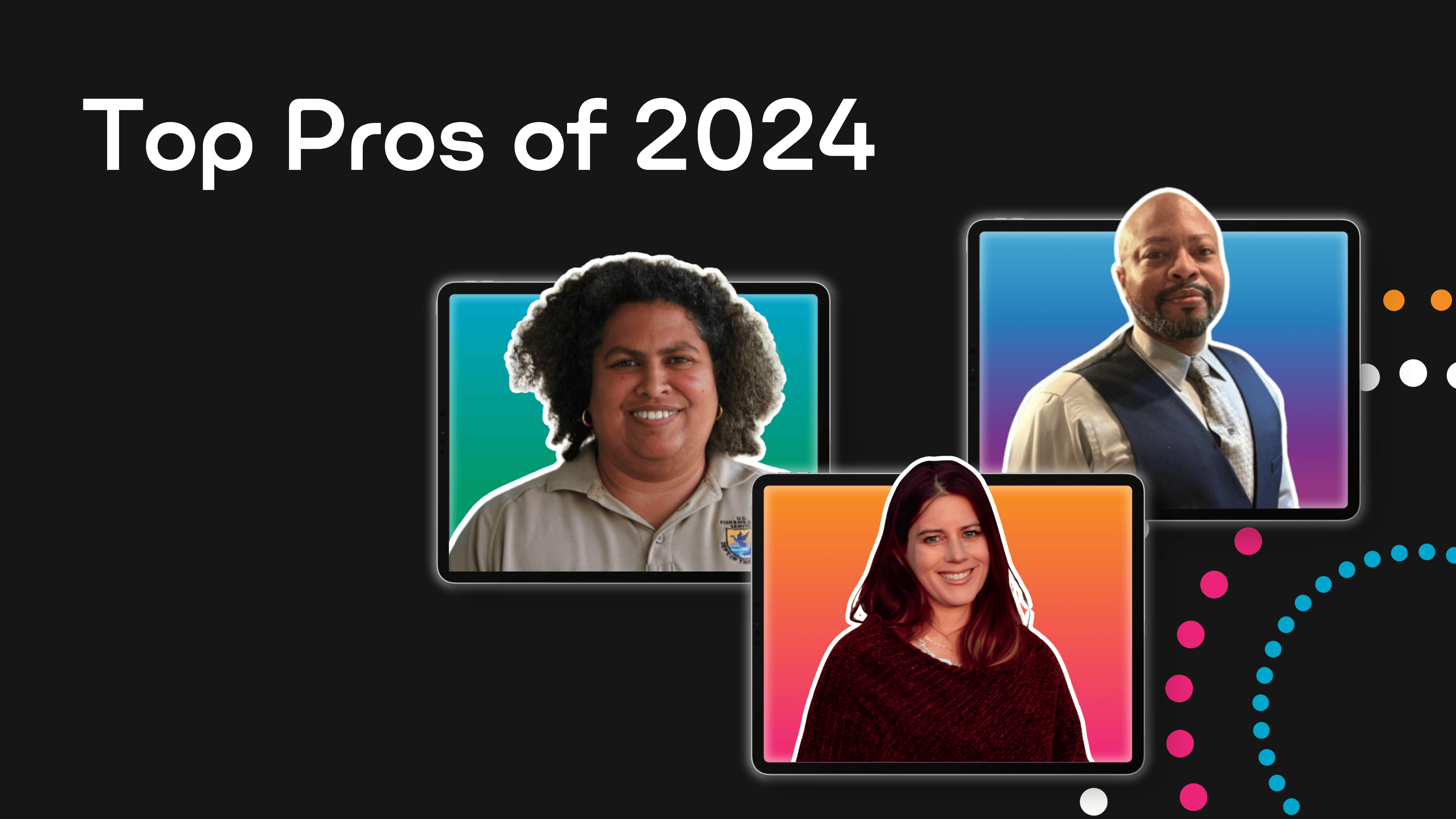

.png)



.png)

.png)

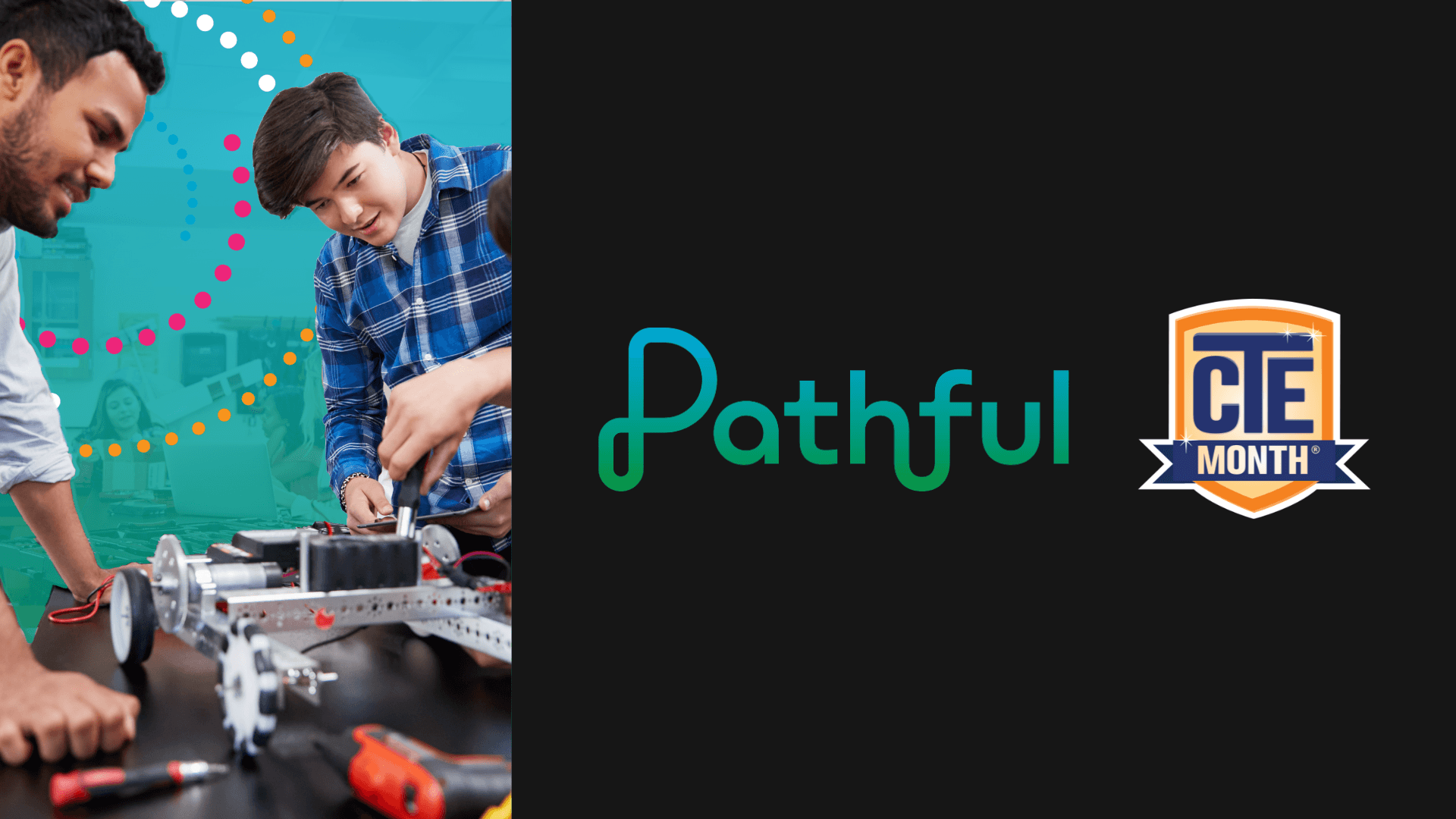
.png)
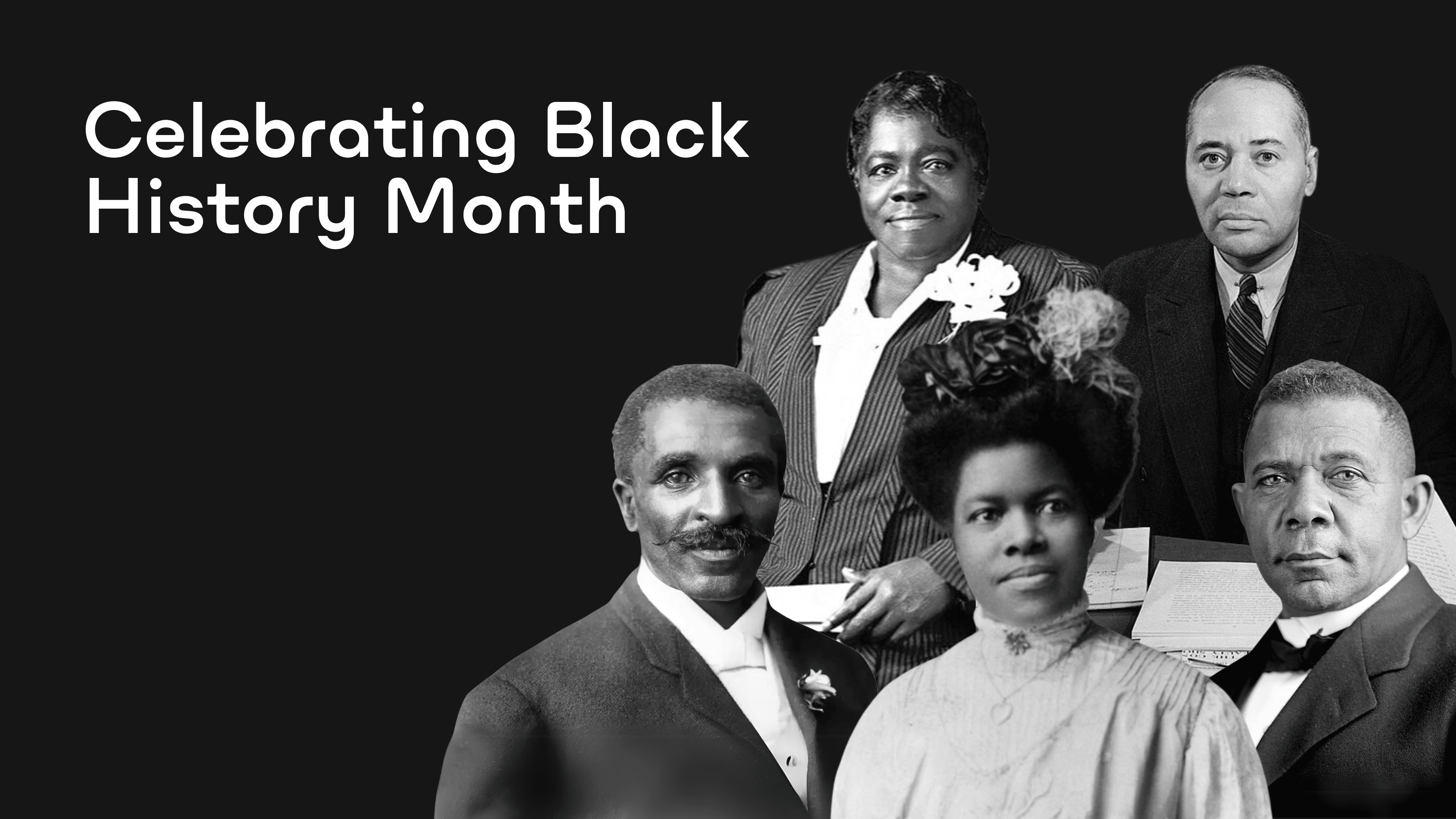
.png)




.png)

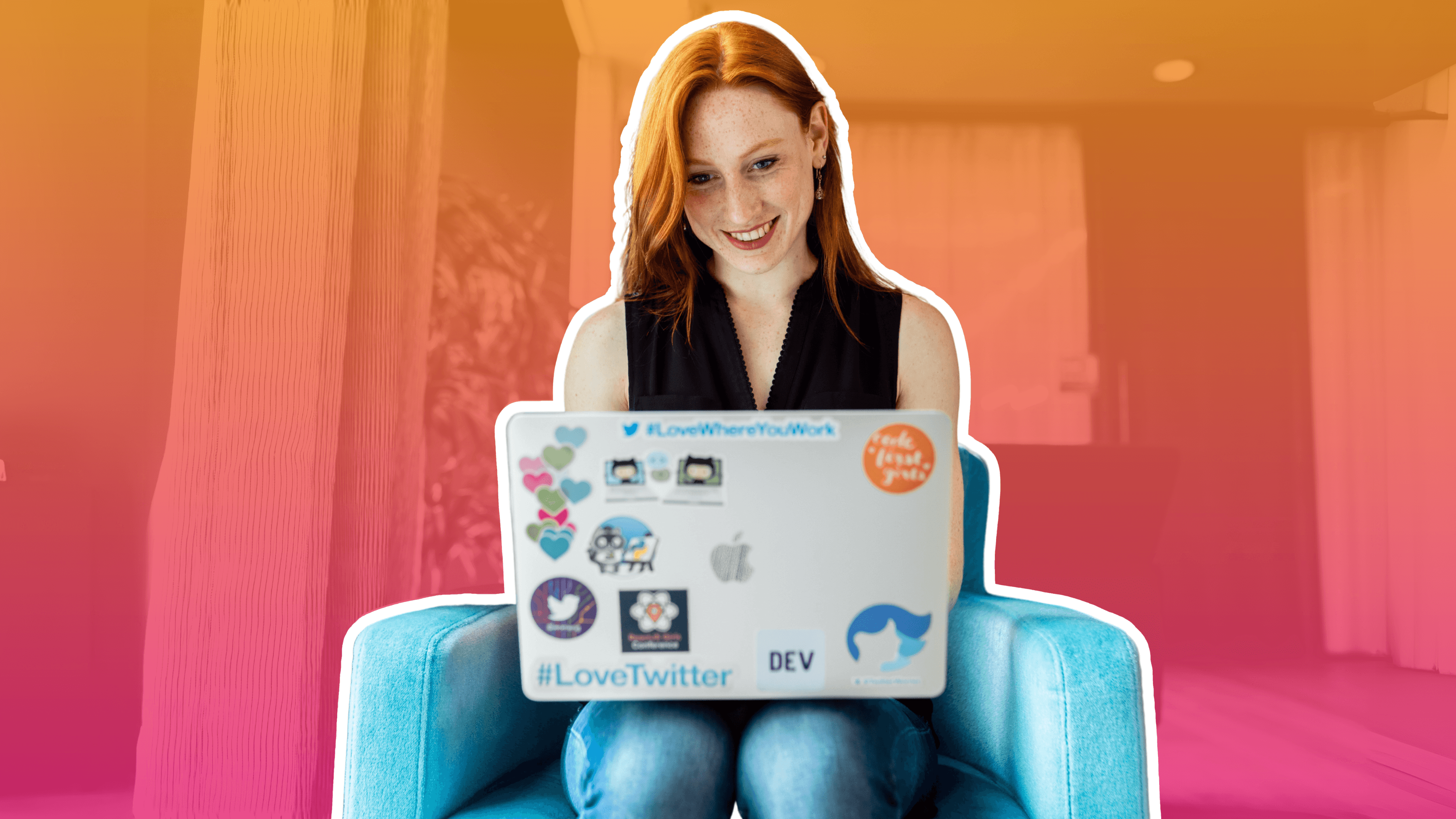

.png)

.png)
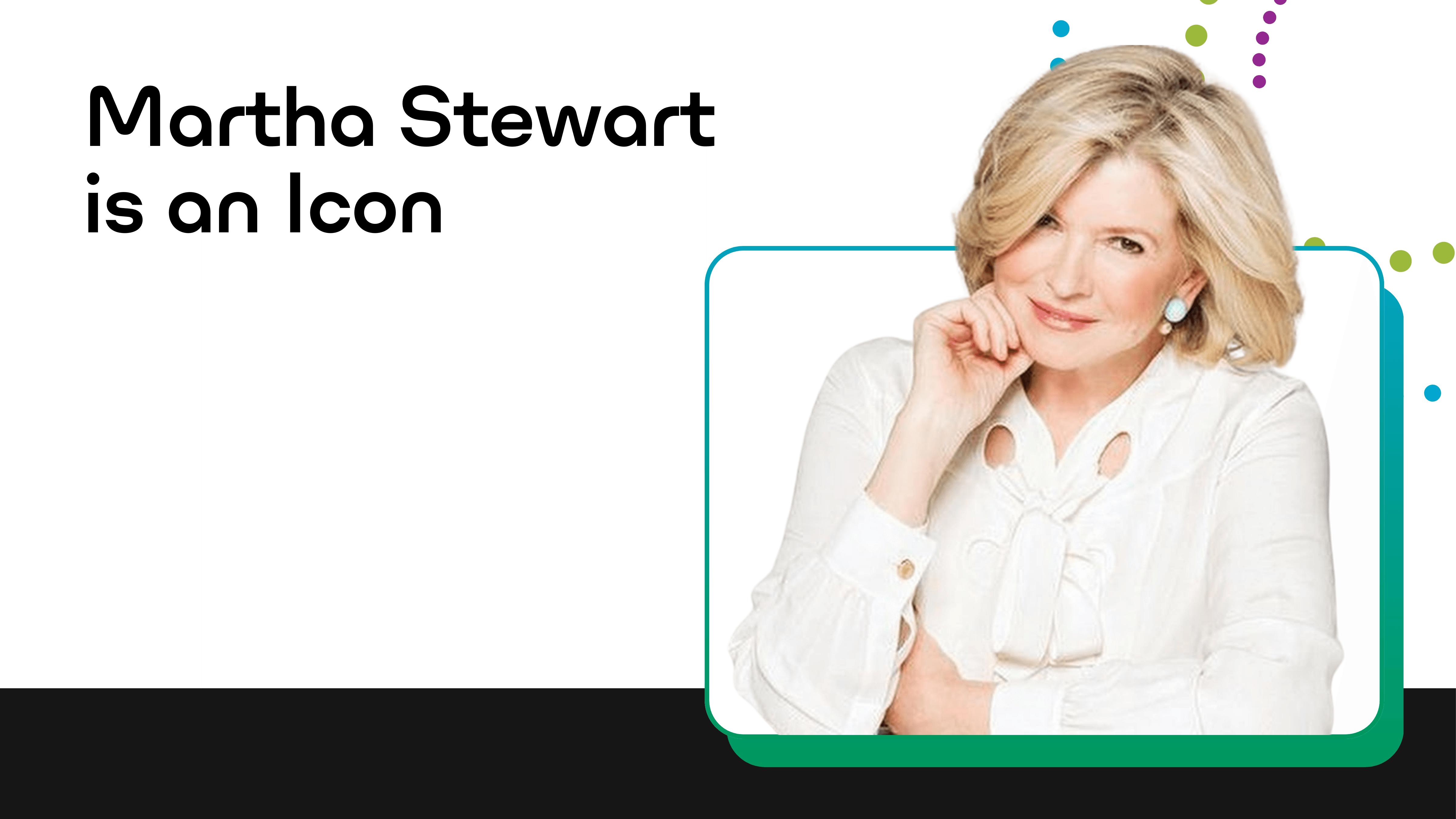





.png)


.webp)
.webp)
%20(1)%20(1).webp)
.webp)
.webp)